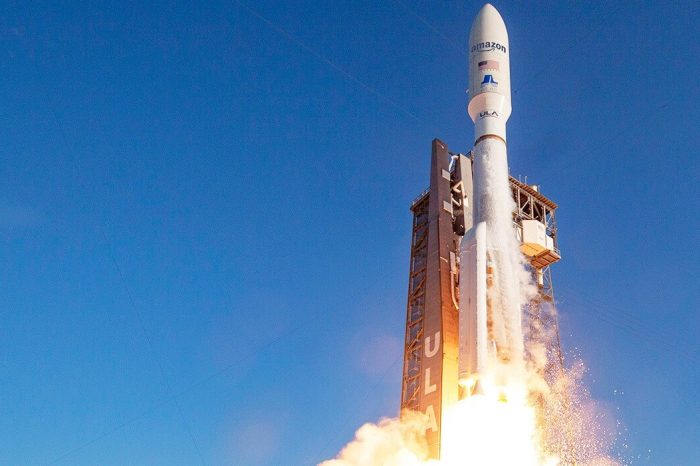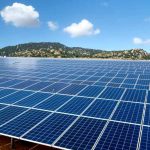Peak Energy launches from stealth with $10M in funding to mass-produce giant batteries to store solar and wind energy

Peak Energy, a clean energy storage startup founded by veterans from Tesla and Northvolt, has launched from stealth mode with $10 million in funding to mass-produce giant sodium-ion batteries to store solar and wind energy and accelerate the renewable energy transition.
The funding round was led by Greg Reichow at Eclipse, a Silicon Valley venture capital firm. Also joining the funding raise as a strategic investor is TDK Ventures, the corporate venture capital arm of the multinational electronics giant TDK based in Tokyo. Before joining Eclipse, Reichow spent over five years at Tesla.
During his tenure at the electric vehicle powerhouse, he held significant roles, overseeing battery, motor, and electronics manufacturing and later leading global manufacturing operations. His background makes him a valuable asset to the funding round, further reinforcing the potential of Peak Energy’s endeavors.
With this funding, Peak Energy is gearing up to deploy its sodium-ion systems by 2025 while concurrently establishing a giga-scale domestic factory set to open in 2026. This funding will support product development, manufacturing expansion, and the recruitment of new talent.
Peak Energy was founded in June 2023 by CEO Landon Mossburg and President and Chief Commercial Officer Cameron Dales. Both founders are industry veterans from Northvolt, Tesla, Enovix, and SunPower. Unlike traditional startups, Peak Energy is focused on scaling up existing battery technology.
“A normal Silicon Valley startup is 10 years in the lab, come up with a better mousetrap and go to market. We’re completely the opposite,” Cameron Dales, president and chief commercial officer of Peak Energy, told CNBC in a video interview Friday.
In addition, Peak Energy is actively seeking collaboration with a technology company, although the specific partner has not been disclosed as of now. The aim is to work alongside a firm that possesses expertise in battery technology but lacks the capability to scale up manufacturing operations.

Cameron Dales (L), president and chief commercial officer of Peak Energy, and Landon Mossburg, the CEO of Peak Energy, on a hike in the earliest days of the company. The mountains of Colorado in the background inspired the name of the company, Peak Energy. Photo courtesy Peak Energy
“In the battery market, it turns out the rarest commodity is not the technology — there are many excellent ideas out there at academic labs and startups — but rather the ability to scale to manufacturing,” CEO Landon Mossburg told CNBC. “The difficulty of manufacturing scale-up is one of the reasons you see so many ‘breakthrough battery technology’ announcements but very very few companies who actually reach market.”
battery storage capacity, projecting an increase from 9 gigawatts in 2022 to 49 gigawatts by 2030, and a staggering 247 gigawatts by 2050. This projection, which incorporates the Inflation Reduction Act and assumes no additional changes in U.S. policy, underscores the urgency of expanding energy storage capabilities.
Renewable energy sources are on track to become the dominant global electricity generation method by early 2025. However, to fully harness the potential of these cost-effective and environmentally friendly yet intermittent energy sources, affordable and reliable grid-level energy storage is essential.
While lithium-ion batteries have been the default choice, their high cost, supply chain vulnerabilities, safety concerns, and substantial carbon footprint make them less than ideal for large-scale grid storage. Sodium-ion technology is rapidly emerging as a viable alternative, offering clean and secure energy storage at a significantly reduced cost and carbon footprint. With a clear opportunity to make energy more affordable, Peak Energy is committed to accelerating the industrialization of sodium-ion technology, aiming to slash energy storage costs by up to 50 percent.
“Sodium-ion is the key to unlocking the potential of renewable energy and will finally enable power providers to fully decarbonize the grid,” said Landon Mossburg, co-founder and CEO of Peak Energy. “The timing could not be better to build a company in this space, and we already have momentum with key customers and partners like Doral Energy. There is a massive opportunity for the United States to emerge as the global leader in sodium-ion production and deployment, and Peak Energy is at the forefront of that effort.”




